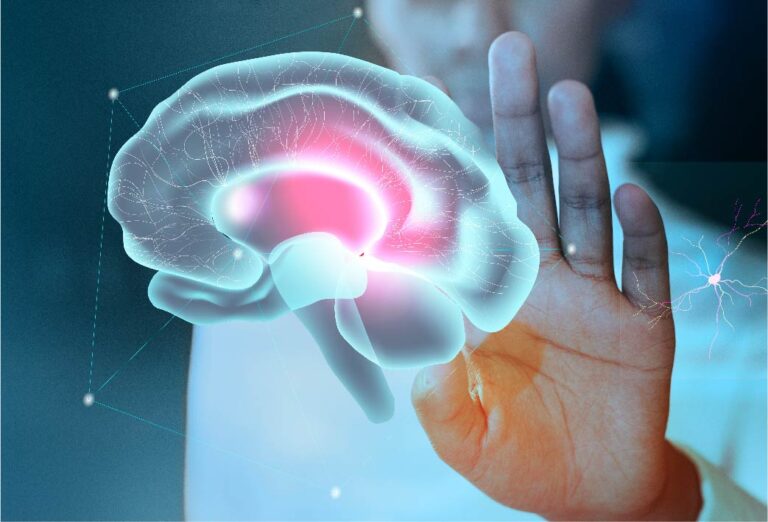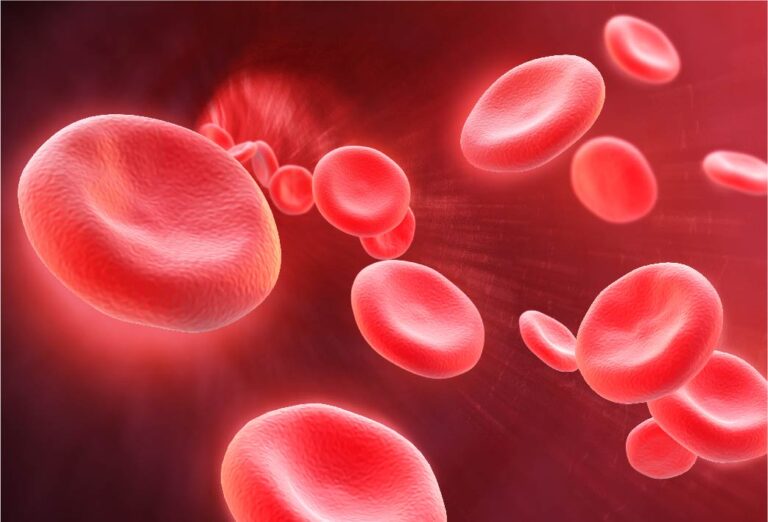Home / Medical Service / Illness / Erectile dysfunction [1]

Erectile dysfunction is common in men over the age of 40, particularly in those who have secondary medical conditions. It has numerous negative effects on your mood, mind, and overall quality of life.
Erectile dysfunction is a very sensitive subject. Most people used to believe that it was purely psychological rather than physical, but studies have shown that more than 80% of it is due to more physical causes. Let us go over this in greater detail below.


Erectile dysfunction affects approximately half of all men suffering from angina. This is because the arteries that supply blood to the penis are smaller than those that supply blood to the heart, making them more prone to clogging. As a result, those experiencing erectile dysfunction must take precautions to avoid the risk of angina and stroke within the 5-year window of initial symptom onset.
When compared to people of the same age who do not have erectile dysfunction, men who are younger and have unexplained erectile dysfunction have a 50-fold increased risk of developing cardiovascular disease.

As a result, it is critical to emphasize that erectile dysfunction is a warning sign of hidden cardiovascular disease, and a proper diagnosis is required in order to take serious preventive measures. Chelation therapy is one of the most highly recommended forms of preventive treatment.
According an analysis of 14 clinical studies involving over 90,000 patients with erectile dysfunction, affected men have an increased risk of cardiovascular problems. According to the study’s findings, 44 percent have an increased risk of myocardial infarction, 62 percent have ischemia, 39 percent have an increased risk of stroke, and 25 percent have an increased risk of death when compared to those who do not have erectile dysfunction issues.

Erectile dysfunction was discovered to be caused by pharmacological side effects in about a quarter of individuals. Eight of the twelve drug users in the United States were found to have erectile dysfunction as a result of this.
Medicines for depression, gastritis (cimetidine), antifungal medication (ketoconazole), diuretics (spironolactone, thiazide), and pharmaceuticals that suppress the sympathetic nervous system (spironolactone, thiazide) are all possible causes of erectile dysfunction (such as methyldopa, clonidine, guanethidine, and certain antihypertensive drugs). ACE inhibitors and calcium channel blockers, on the other hand, are rarely associated with erectile dysfunction. While beta blockers have little impact, alpha blockers can help with erectile dysfunction.

According to a recent study, % of prostate cancer patients who undergo surgery would experience erectile dysfunction afterward. Only 25% of those who received irradiation had erectile dysfunction, compared to 75% in the control group.
In a separate study from 2020, 3,330 bikers were compared against 1,524 non-cyclists. Cyclists were shown to have a higher risk of getting erectile dysfunction, according to the study.

Although most cases of erectile dysfunction are caused by physical disorders, some cases are caused by mental or emotional concerns. This is particularly prevalent in younger men, and while they may not have a physical condition, some may be influenced by psychological problems.
Clinical evidence reveals that erectile dysfunction induced by psychological causes is usually the outcome of a person’s life altering circumstances. Symptoms can appear when there are no morning erections or when there is flaccidity during masturbation, for example.
As a result, examining both a patient’s mind and body can help to narrow down the difficulties more quickly. A blood test to examine the blood count (CBC), liver and kidney function, blood lipid levels, blood glucose levels, and testosterone levels is usually required by the treating physician. They’re all employed as baseline measures to help a doctor come up with a treatment plan.

Some of the questions a treating physician might ask include:

The treatment strategy might be more precise and effective if the cause of the problem has been identified. At Absolute Health, we strive diligently to find the most efficient way to help our patients and their partners regain their confidence and happiness.
Absolute Health : Integrative Medicine
20/2-7 Ruam Rudee Village
Soi Ruamrudee, Ploenchit Rd., Lumpini, Pathumwan, Bangkok 10330
Office Hours
Monday – Sunday, 9.00 AM – 6.00 PM
E-mail: [email protected]